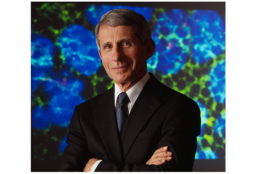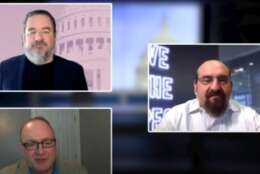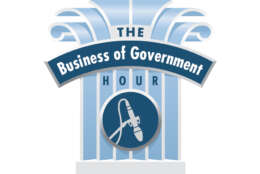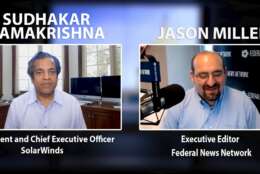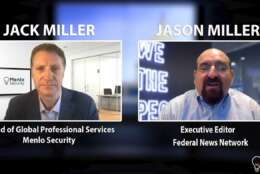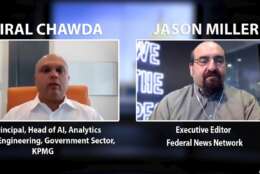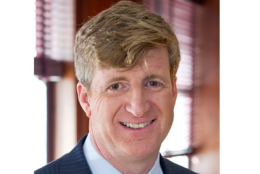Analysis
-
This week hosts Mark Masselli and Margaret Flinter speak with Dr. Anthony Fauci, Chief Medical Advisor to the Biden Administration's COVID-19 Team. They discuss the decades of science behind the 'remarkable' vaccines, the decision by the US and G7 members to scale up global vaccine donations, and the virulent variants that pose a greater risk to the unvaccinated. He also predicts the dramatic discovery around COVID-19 will pave the way for a vaccine for HIV/AIDS within the decade.
June 15, 2021 -
DoD wants to work toward creating a digital identity for all 8 million of its customers—servicemembers, their families, contractors and civilian employees.
June 14, 2021 -
What is the mission of the U.S. General Services Administration’s (GSA) Office of Government-wide Policy? How is GSA pursuing government-wide sustainable practices? What is GSA doing to enhance government wide performance? Join host Michael Keegan as he explores these questions and more with Krystal Brumfield, Associate Administrator Office of Government-wide Policy at GSA.
June 14, 2021 -
Hosted by Dr. Richard Shurtz and Jim Russ. Sponsored by Stratford University. How to copy files via thumb drive from a MacBook Pro to a Windows PC. And we meet the founder of Pandora.
June 14, 2021 -
As federal agencies consider making these video platforms a permanent fixture in their toolboxes, they should consider 3 key factors for long-term success: security, interoperability and flexibility.
June 07, 2021 -
Sudhakar Ramakrishna, the president and CEO at SolarWinds, said the high-profile attack his company experienced, which came to light in December but likely started a year before, is both a learning experience and an opportunity to double-down on software development approaches.
June 07, 2021 -
Hosted by Dr. Richard Shurtz and Jim Russ. Sponsored by Stratford University. Why there are times when you simply have to upgrade to a newer iPhone. And we meet the father of Bluetooth communication.
June 07, 2021 -
The move to remote work during the pandemic has increased the threat surface among agencies and the private sector.
June 04, 2021 -
Viral Chawda, a principal and head of artificial intelligence, analytics and engineering for the government sector at KPMG, said once agencies truly understand their cyber data, leaders can have insights into things like what applications still don't require multi-factor authentication, what hardware is going out of support, how much of a workload is in the cloud, which devices are using non-compliant software and so much more.
June 04, 2021 -
This week, hosts Mark Masselli and Margaret Flinter speak with former US Congressman Patrick Kennedy, founder and CEO of The Kennedy Forum, an organization dedicated to advancing policies and best practices to improve access to mental health and addiction services. Congressman Kennedy, who co-sponsored the 2008 Mental Health Parity Act, addresses the devastating toll the pandemic has had on mental health and addiction, and talks about Biden Administration efforts to address the mental health crisis through expanded health coverage and more resources for addiction and mental health treatment.
June 04, 2021 -
One week after the Colonial Pipeline was hacked, leading to gas shortages up and down the East Coast, President Joe Biden’s Achieving ‘bold changes’ in authentication from EO on cybersecurity
June 03, 2021 -
During this webinar Kshemendra Paul, the chief data officer for the Department of Veterans Affairs, will address how VA's data strategy starts with consistency and ends with the improved care of veterans. In addition, Richard Breakiron, the senior director of strategic initiatives for federal at Commvault will provide an industry perspective.
June 02, 2021 -
After ten years, the goal around government data centers has shifted from closing them to optimizing them.
June 02, 2021 -
Artificial intelligence is a powerful technology, but it’s not a magic salve you can apply to a process to make it better. If anything, AI – and the related machine learning, robotic process automation and even data analytics technologies – requires more attention than ever to an eternal basic of information technology deployment.
June 02, 2021 -
Hosted by Dr. Richard Shurtz and Jim Russ. Sponsored by Stratford University. How you can limit an iPhone to using just one app. And we learn about the Italian engineer and inventor who designed the world’s first personal computer.
June 01, 2021

